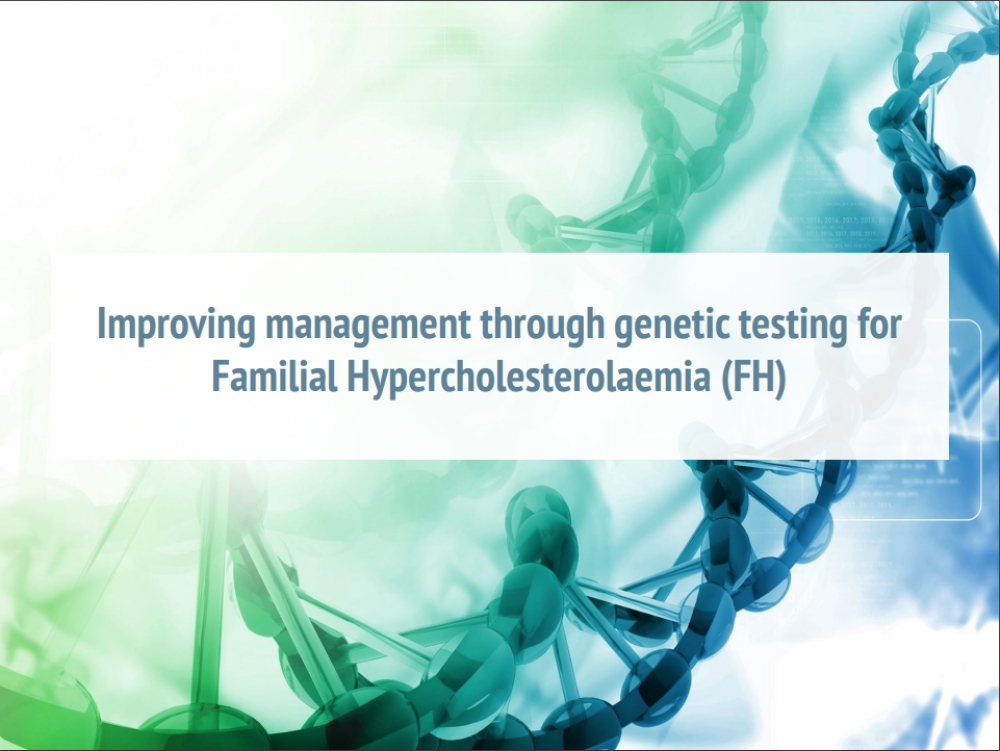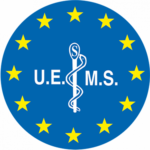
Improving management through genetic testing for Familial Hypercholesterolaemia
Improving management through genetic testing for Familial Hypercholesterolaemia
Prof. Christie M. Ballantyne, Dr. Alain Carrié, Dr. Eric Bruckert, Dr. Christine Eng
This e-learning course addresses a need for improved understanding of the diagnosis and management of Familial Hypercholesterolaemia (FH), particularly through the use of genetic testing.
Prof. Christie M. Ballantyne
Cardiologist
Baylor College of Medicine
United States (US)

Dr. Alain Carrié
Molecular Genetecist
University Hospital Pitié Salpêtrière, Paris
France

Dr. Eric Bruckert
Endocrinologist
University Hospital Pitié Salpêtrière, Paris
France

Dr. Christine Eng
Medical Geneticist and Pediatrician
Baylor College of Medicine
United States (US)



Prof. Christie M. Ballantyne
Cardiologist
Baylor College of Medicine
United States (US)
Prof. Christie M. Ballantyne has received financial support/sponsorship for research support, consultation, or speaker fees from the following companies:

Dr. Alain Carrié
Molecular Genetecist
University Hospital Pitié Salpêtrière, Paris
France
Dr. Alain Carrié has received financial support/sponsorship for research support, consultation, or speaker fees from the following companies:

Dr. Eric Bruckert
Endocrinologist
University Hospital Pitié Salpêtrière, Paris
France
Dr. Eric Bruckert has received financial support/sponsorship for research support, consultation, or speaker fees from the following companies:

Dr. Christine Eng
Medical Geneticist and Pediatrician
Baylor College of Medicine
United States (US)
Dr. Christine Eng has received financial support/sponsorship for research support, consultation, or speaker fees from the following companies:
E-learning |
60 min
|accreditation:
EACCME |
Jan 2020

This programme was made for you: your opinion matters
Share your feedback in just 4 clicks and help us to continue to create the content you need.
I agree that this educational programme:
Was valuable to me:
1/4
Has improved my knowledge of this topic:
2/4
Is likely to change my clinical practice:
3/4
Was balanced and unbiased:
4/4
download resources
This programme was made for you: your opinion matters
Share your feedback in just 4 clicks and help us to continue to create the content you need.
I agree that this educational programme:
Was valuable to me:
1/4
Has improved my knowledge of this topic:
2/4
Is likely to change my clinical practice:
3/4
Was balanced and unbiased:
4/4
Learning outcomes
On completion of this e-learning course you will have an understanding of:
- Key aspects of genetic testing in Familial Hypercholesterolaemia (FH)
- How and why to test
- How to interpret results
- How to treat patients with FH
- How to use cascade screening to identify related individuals at risk
Target audience
Cardiologists and Lipidologists
Summary of content
Heterozygous Familial Hypercholesterolaemia affects approximately 1 in 200–500 births, and patients with this hereditary disease are at markedly higher risk of cardiovascular disease. Early diagnosis and screening are key for improving outcomes in FH patient and yet rates of diagnosis of FH remain low in most parts of the world. Learn more about FH, its diagnosis and management alongside four global experts in the field by taking this e-learning course.
Expert contributors
- Prof. Alain Carrié, University Hospital Pitié Salpêtrière, Paris, France
- Prof. Eric Bruckert, University Hospital Pitié Salpêtrière, Paris, France
- Prof. Christie Ballantyne, Baylor College of Medicine, Houston, USA
- Prof. Christine Eng, Baylor College of Medicine, Houston, USA
Duration of training
Duration of training: It is expected that you will need at least one hour to review the full content of this training before you will be able to take the final assessment in order to receive 1 ECMEC®.





